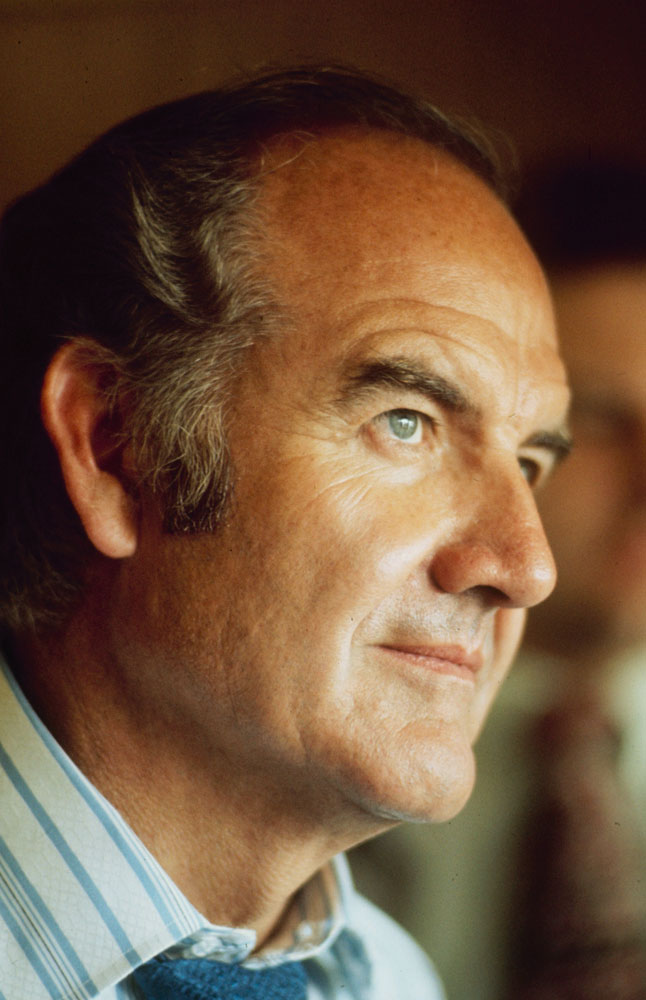
Former U.S. Senator and 1972 presidential candidate George S. McGovern (b. 1922) died in October 2012 after being admitted to a Sioux Falls hospice six days earlier. He was 90 years old and had been in failing health “with a combination of medical conditions, due to age, that have worsened over recent months,” according to a statement from his family. From the mid-1960s through the early ’80s, he was one of the most prominent Democratic politicians in the United States—a proud liberal, decorated World War II veteran and tireless advocate for the poor and disenfranchised in America and around the world.
Here, LIFE.com remembers the native South Dakotan with a series of photos by LIFE’s Bill Eppridge, made on the campaign trail during the 1972 race for the presidency. Over the course of a few, heady months of that pivotal year, Americans were able to take the measure of the man to an extent that they never had before—and never would again. In November, he would lose to Richard Nixon in an historic landslide for the Republican incumbent; but during his time in the national spotlight, George McGovern articulated the progressive ideals he held dear as forcefully and as consistently as any candidate in the history of American presidential politics.
[Read Howard Chua-Eoan’s McGovern obituary on TIME.com]
Bill Eppridge recently told LIFE.com that, 40 years after that ’72 campaign, he recalled McGovern, the man, much more clearly than McGovern, the candidate. And he liked what he remembered.
“He was the sort of person,” Eppridge said, “that you’d want to have as a next-door neighbor. Friendly. Solid. He struck me as a genuine, down-to-earth person, and that’s not a quality you associate with many politicians. Not today, and not so much back then, either.”
Eppridge had documented Robert Kennedy’s 1968 campaign for the presidency and, famously, chronicled the violence-scarred final moments of RFK’s life as he lay dying in a bus boy’s arms on the floor of a Los Angeles hotel kitchen. Eppridge told LIFE.com that Bobby Kennedy’s death made it difficult for him to care, for years, about politics or politicians. He had grown into a Kennedy supporter while covering the candidate in public and in private, and RFK’s murder in June 1968 left him at a loss. He sought ways to get away from the rough-and-tumble, and the more unsavory aspects, of covering high-stakes politics.
“But four years later,” he went on, “I was back covering a presidential race. McGovern’s campaign had a positive, unhurried feel to it. It ran smoothly, and McGovern himself was an easy guy to be around. The campaign had energy, of course, but it never felt frantic . . . or mean.”
Below is an admittedly incomplete, at-a-glance biography of George McGovern—a man who led an exemplary American life, filled with accolades and victories as well as profound disappointments and searing personal loss. He is, and will always be, missed.
George McGovern married his wife, Eleanor, in 1943, during the Second World War. They remained married for 64 years, until hear death in 2007. (She was also a native South Dakotan, and as a pilot during WWII McGovern named his B-24 bomber the “Dakota Queen” after her.)
Father of five children, including his late daughter, Teresa, who died in 1994 at the age of 45 after a long battle with alcoholism. McGovern later wrote a book, Terry: My Daughter’s Life-and-Death Struggle with Alcoholism, chronicling her struggle and the devastating effect her illness had on his family. In 2012, his son Steven died—after years of fighting alcoholism, as well.
Military Service: Pilot, B-24 Liberator, European Theater, WWII. Flew 35 missions, earned the Distinguished Flying Cross and three Air Medals
Ph.D., Northwestern University
Congressman (D-SD), 1958-1960; United States Senator, 1963 – 1981
Publicly opposed American involvement in Vietnam as early as 1963
Democratic candidate for president, 1972; lost to Richard Nixon in a landslide, winning only the state of Massachusetts and the District of Columbia. After the Watergate scandal destroyed Nixon’s presidency, cars were seen bearing bumper stickers that read, “Don’t blame me, I’m from Massachusetts.”
First-ever director of the United States’ Food for Peace program in 1961
Served as U.S. Ambassador to the United Nations Agencies for Food and Agriculture (1998–2001); named World Food Prize co‑laureate in 2008
Gandhi Peace Award Laureate (1991)
Presidential Medal of Freedom (2000)
Liz Ronk, who edited this gallery, is the Photo Editor for LIFE.com. Follow her on Twitter @lizabethronk.
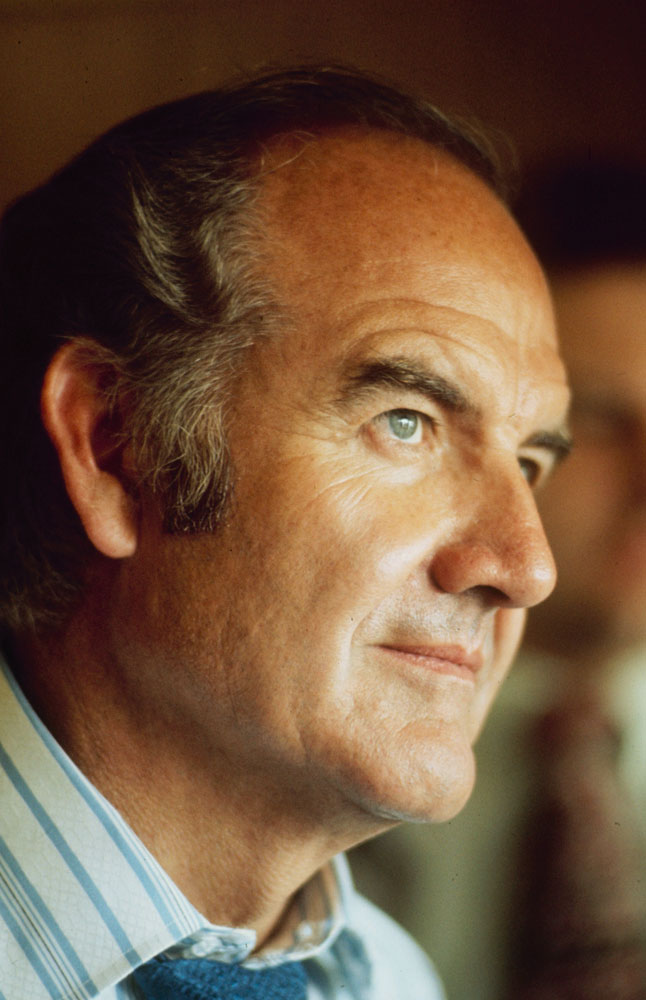
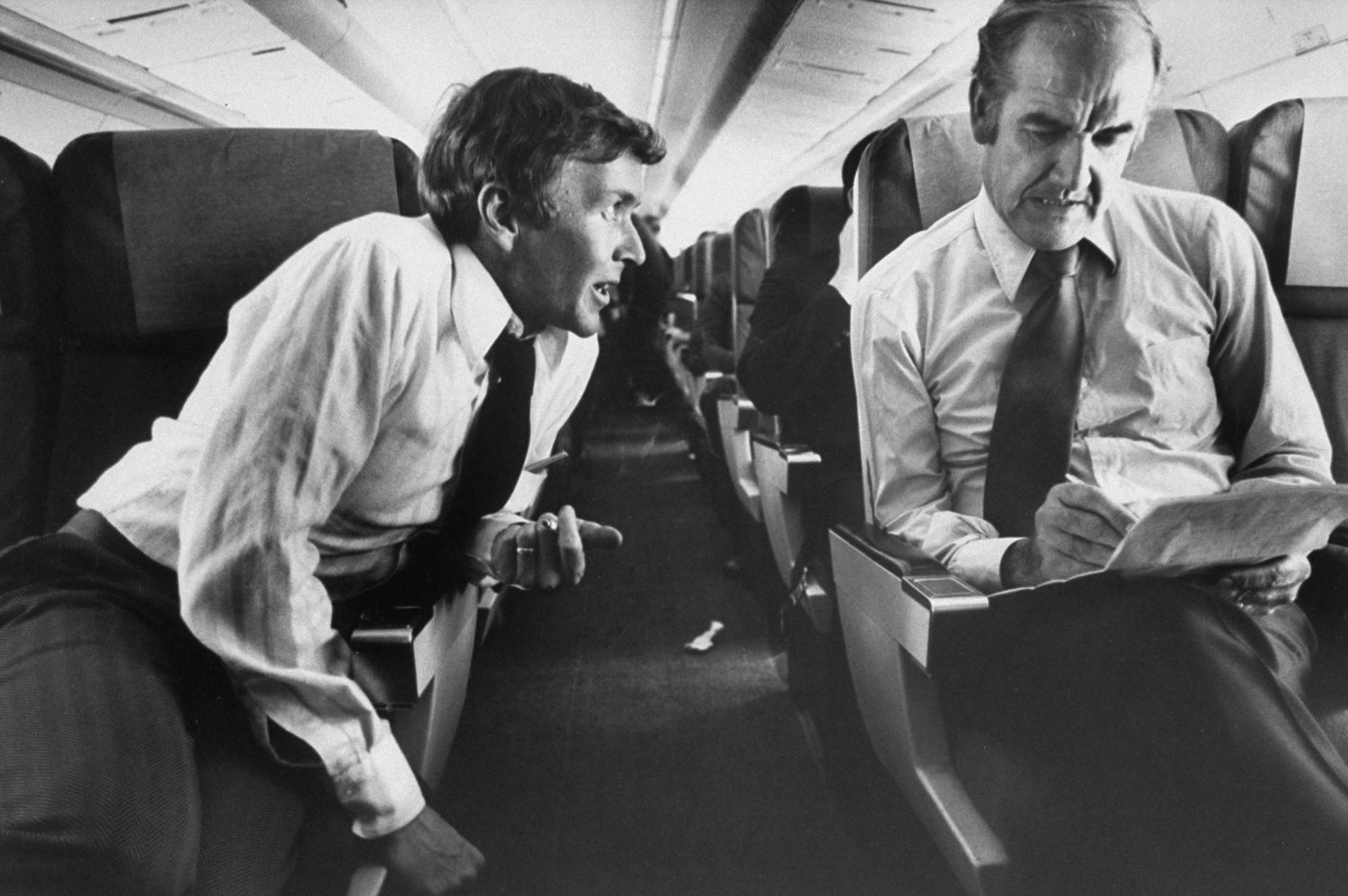
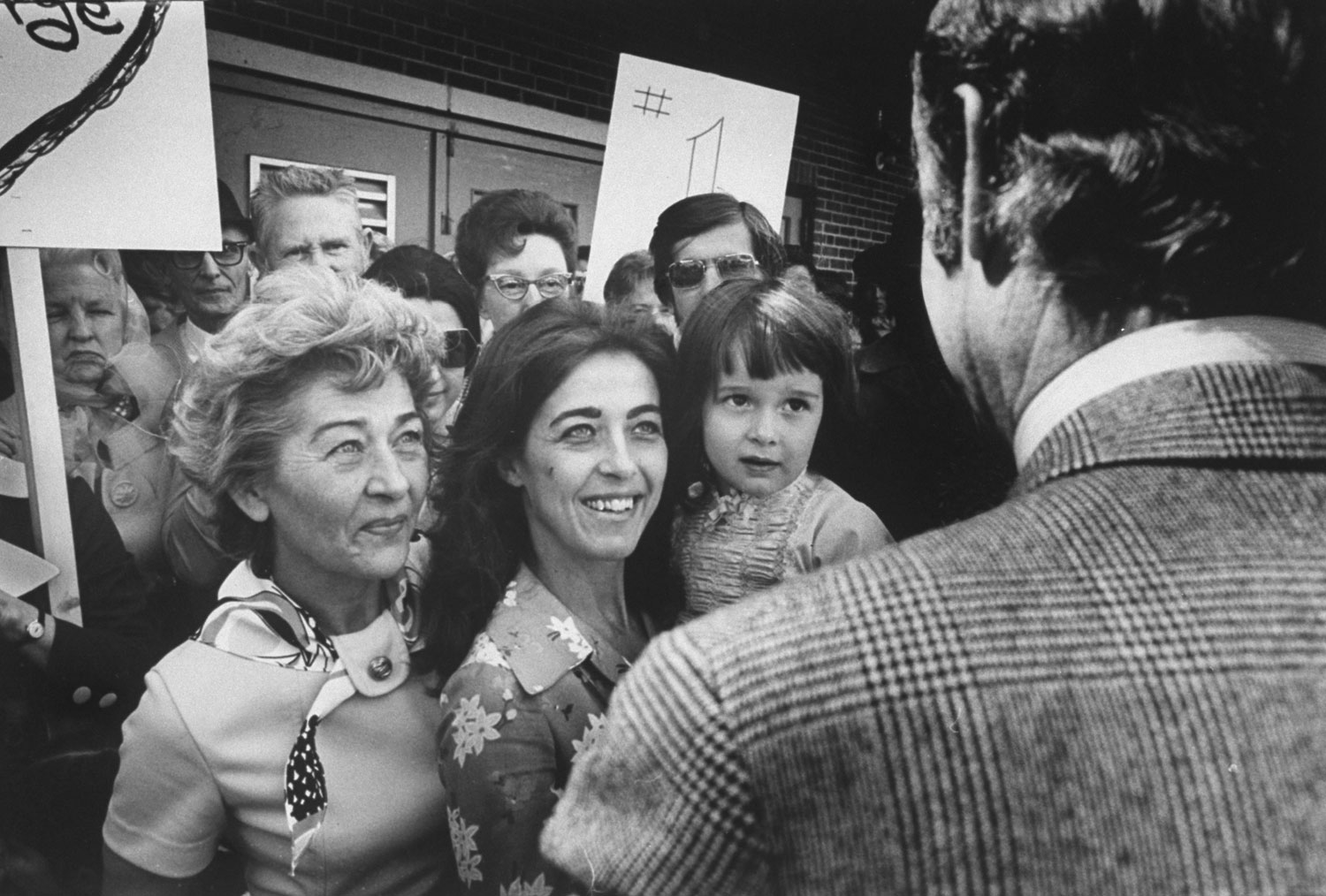
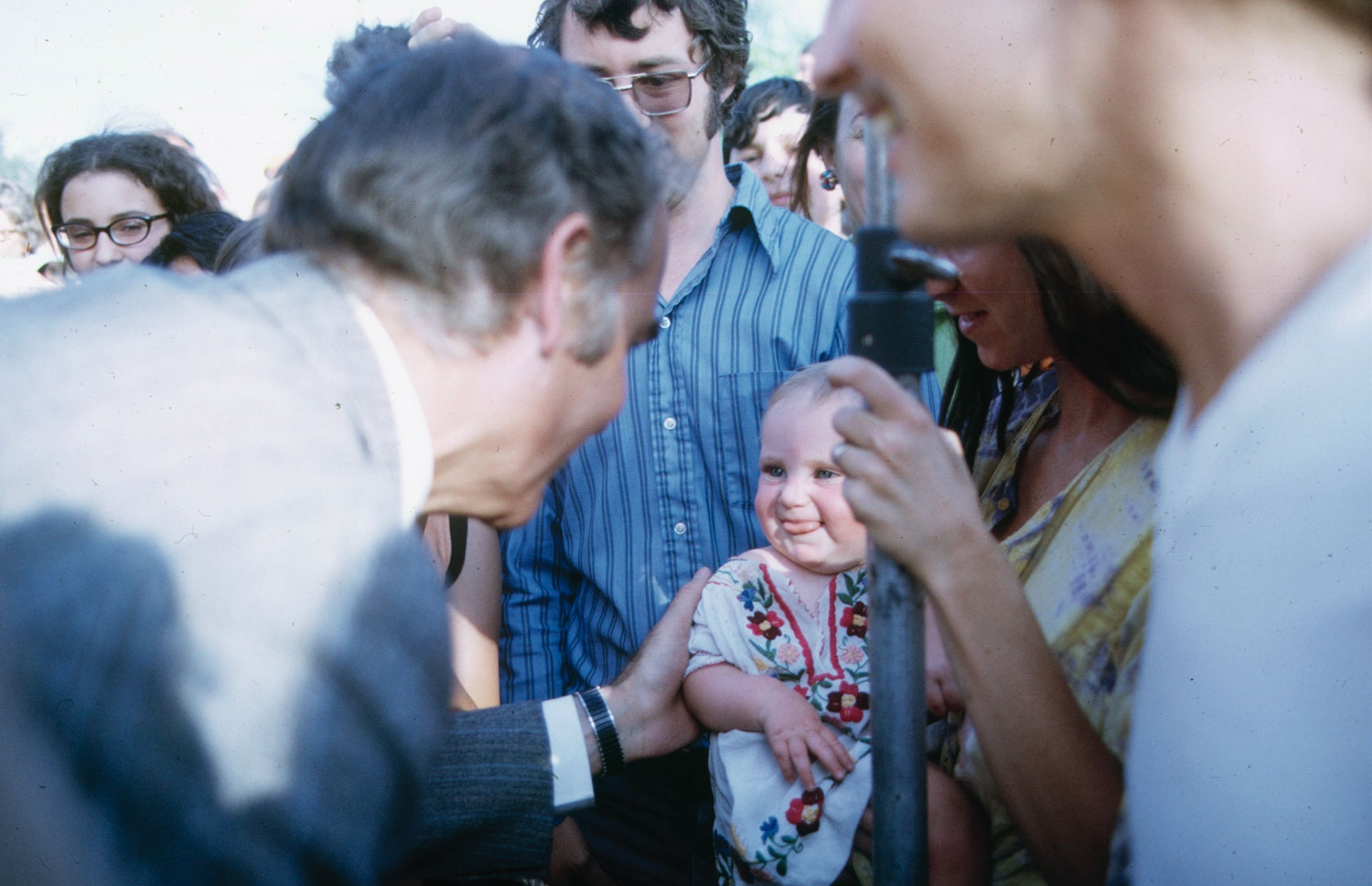
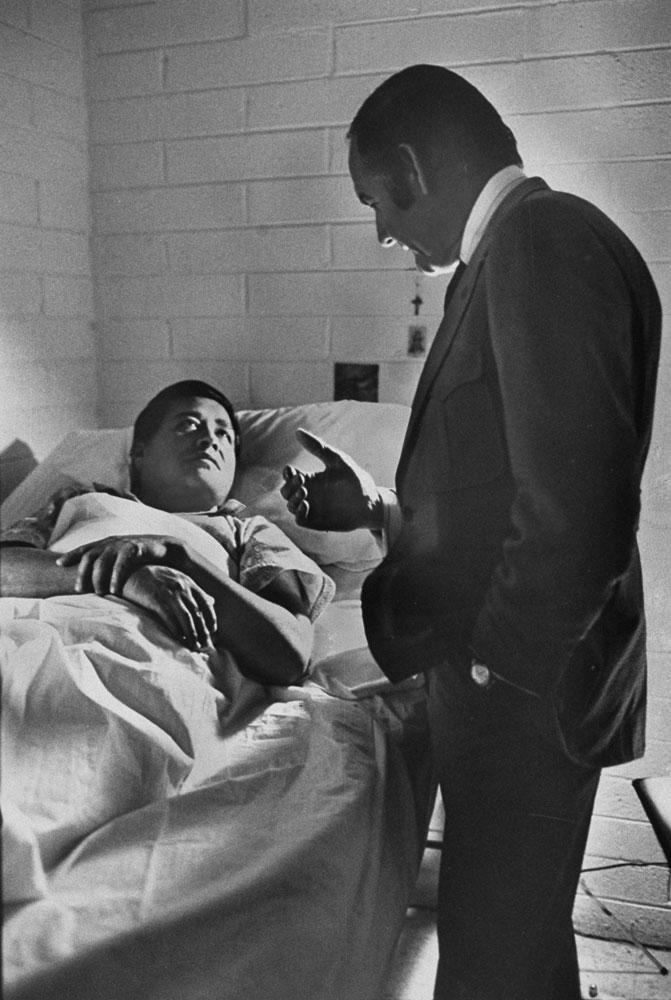
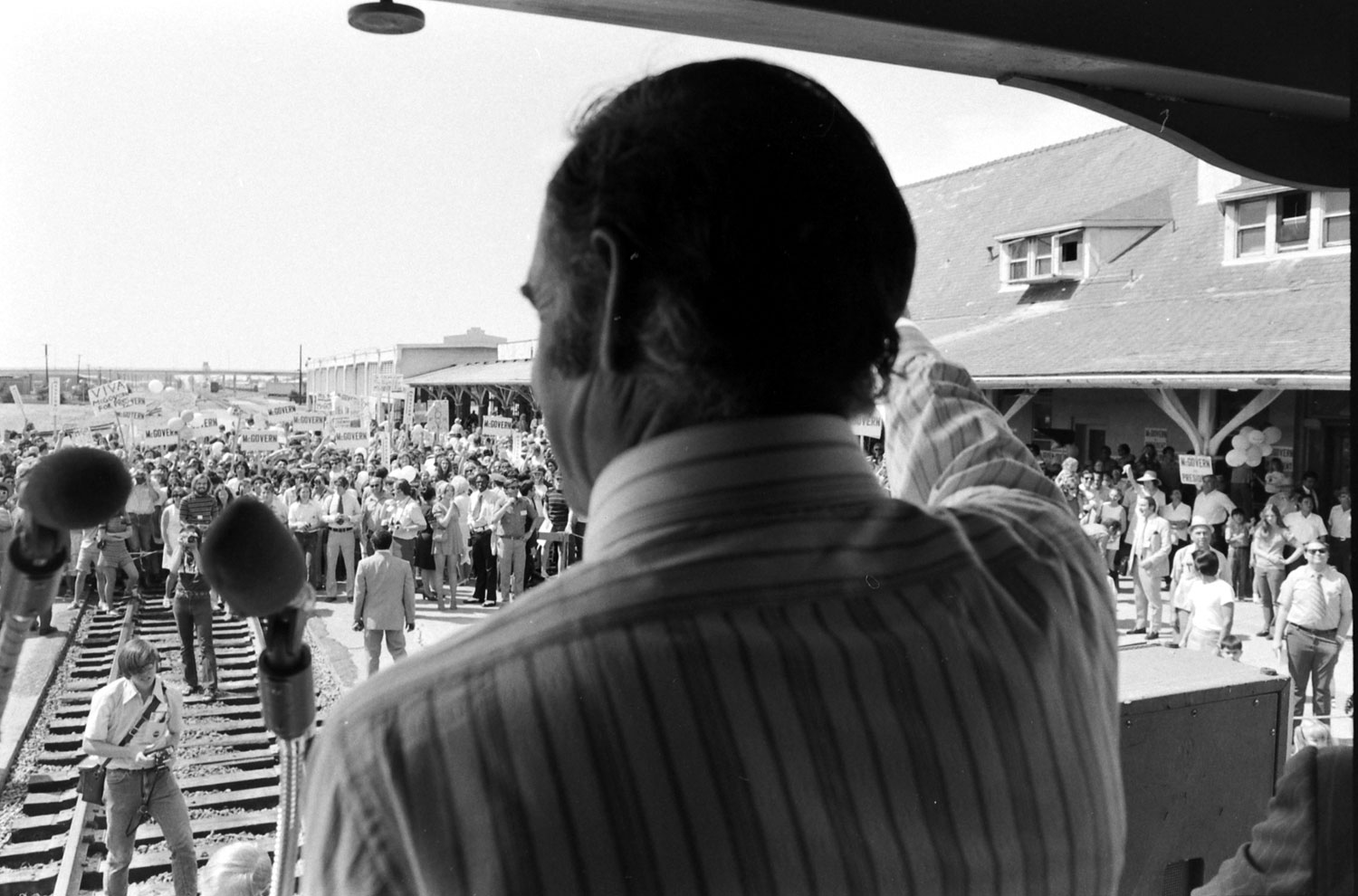
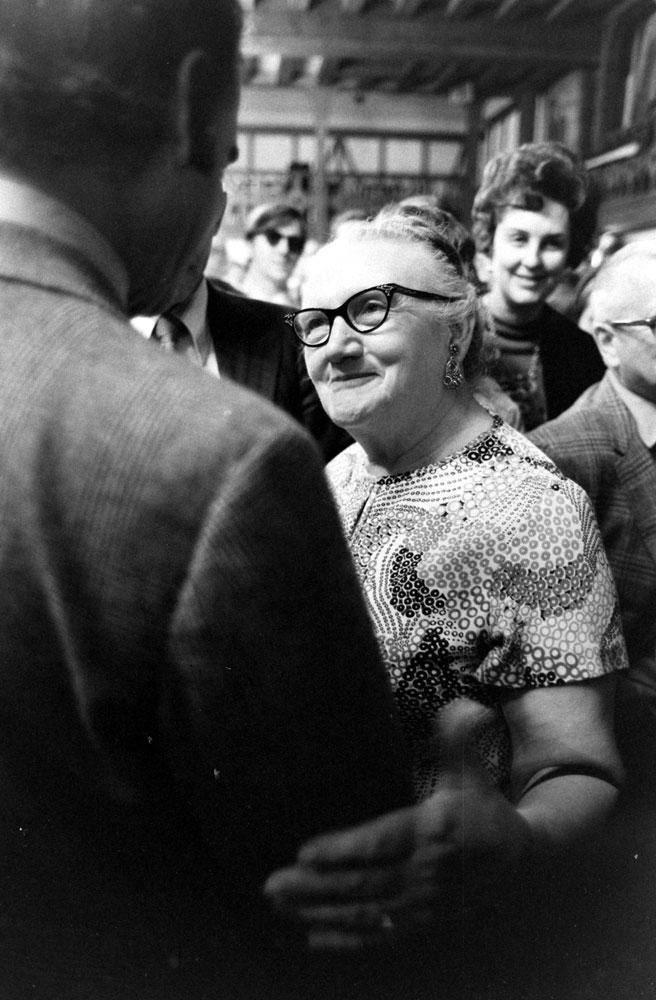
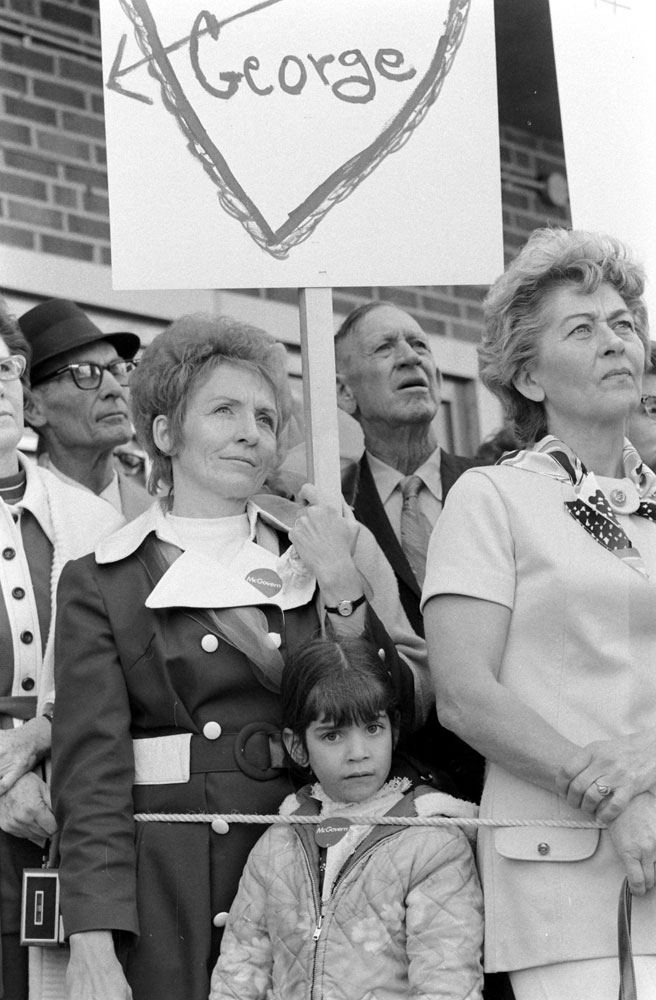
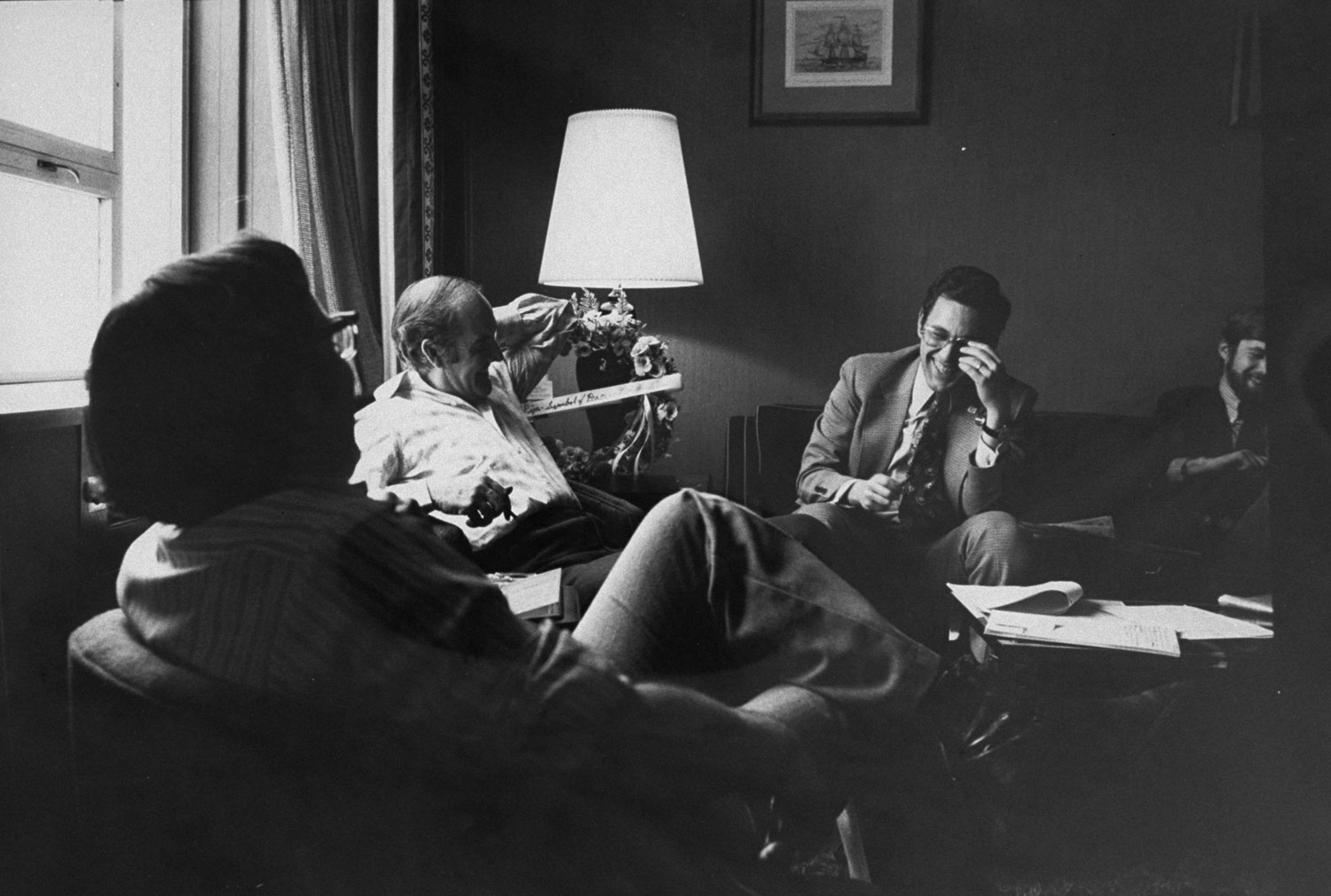
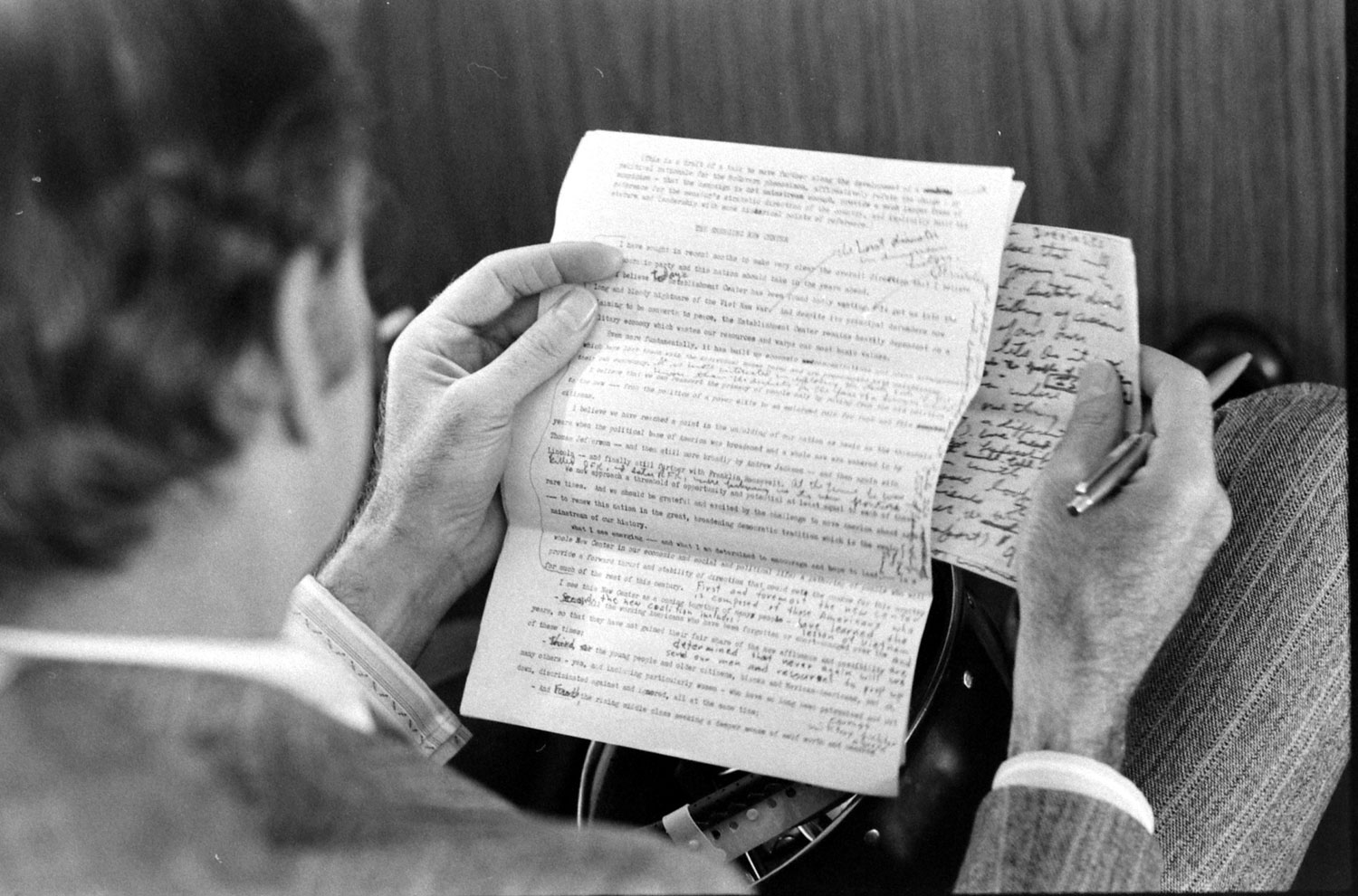
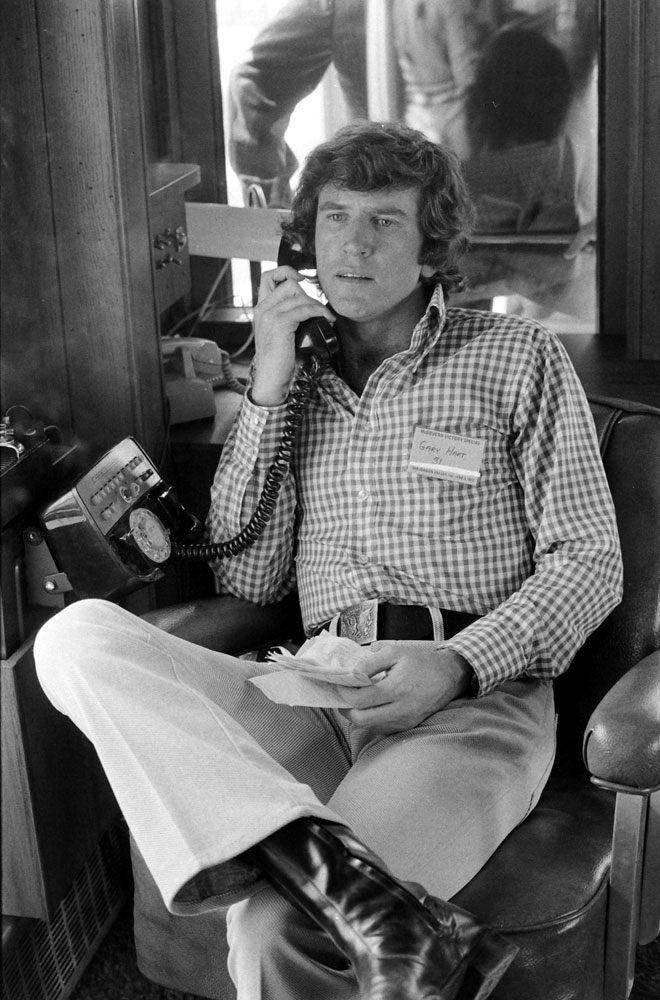
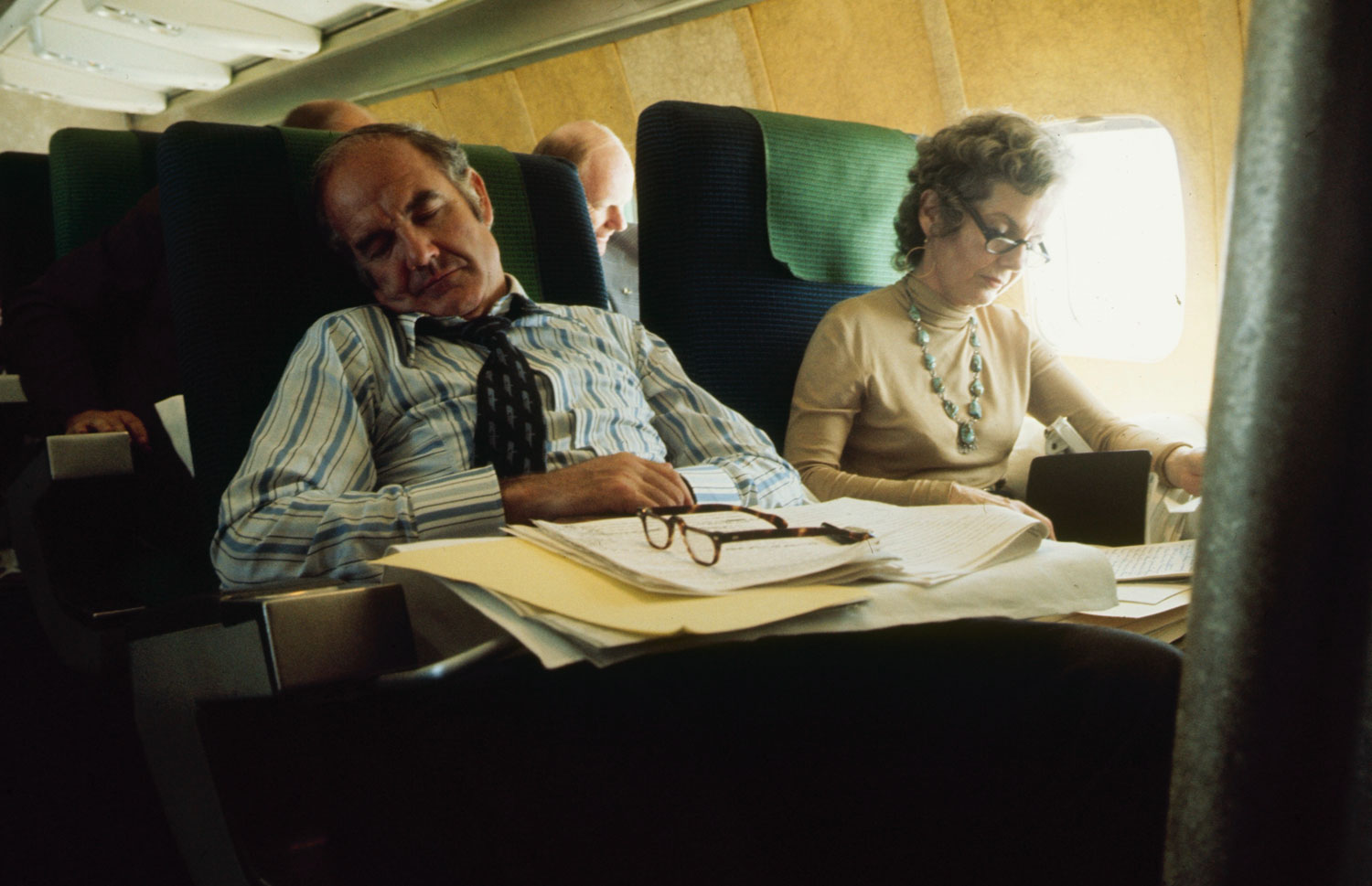
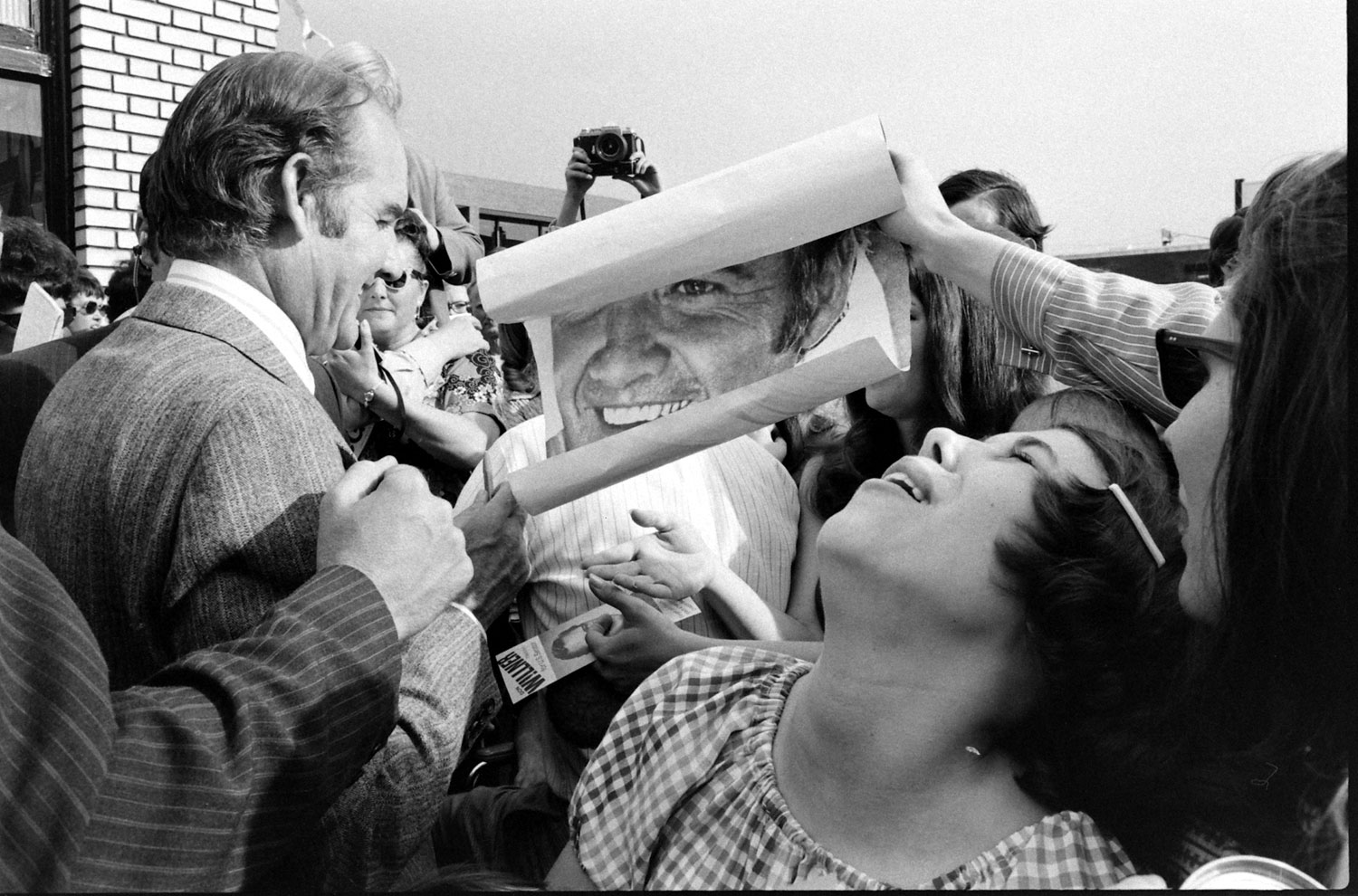

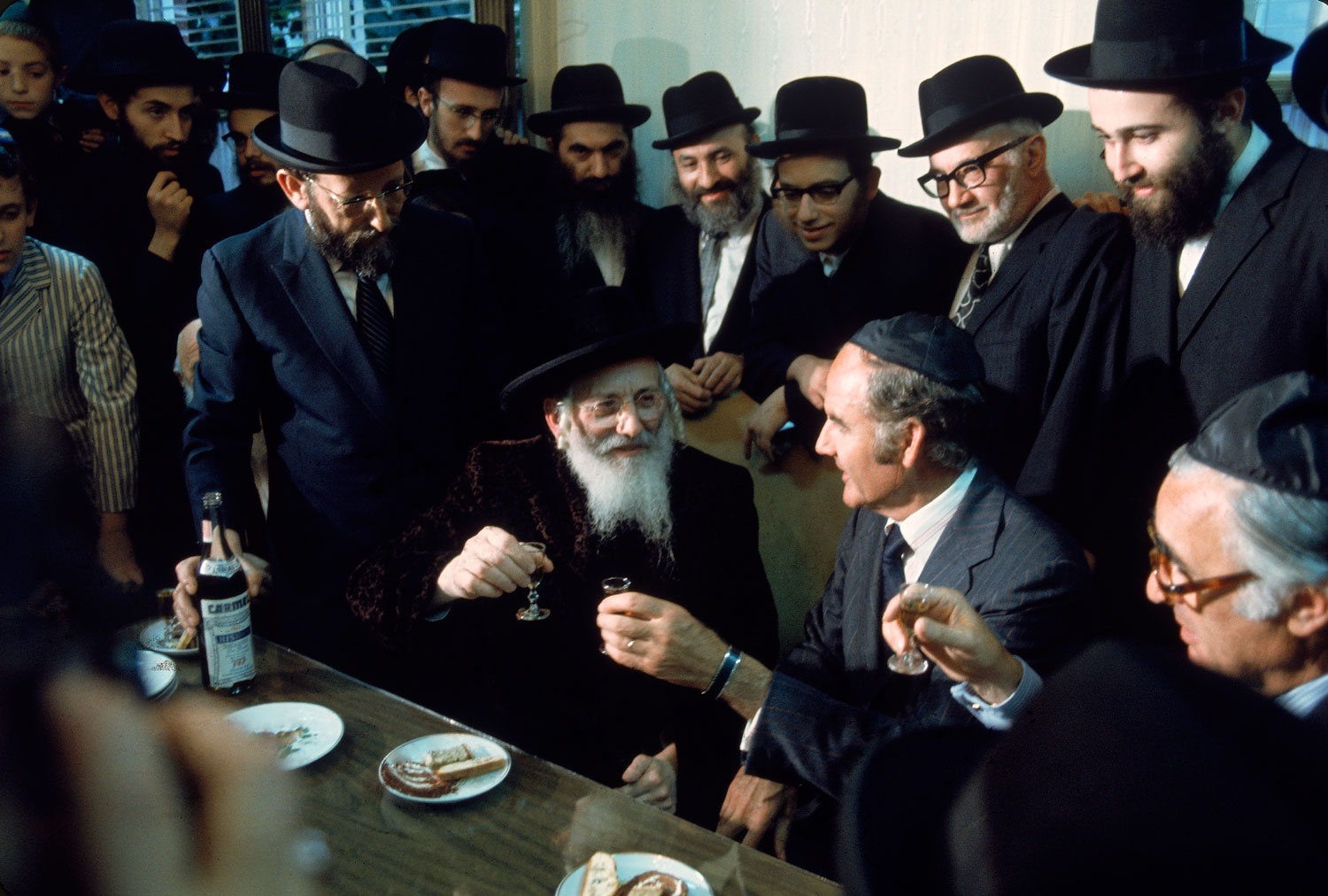
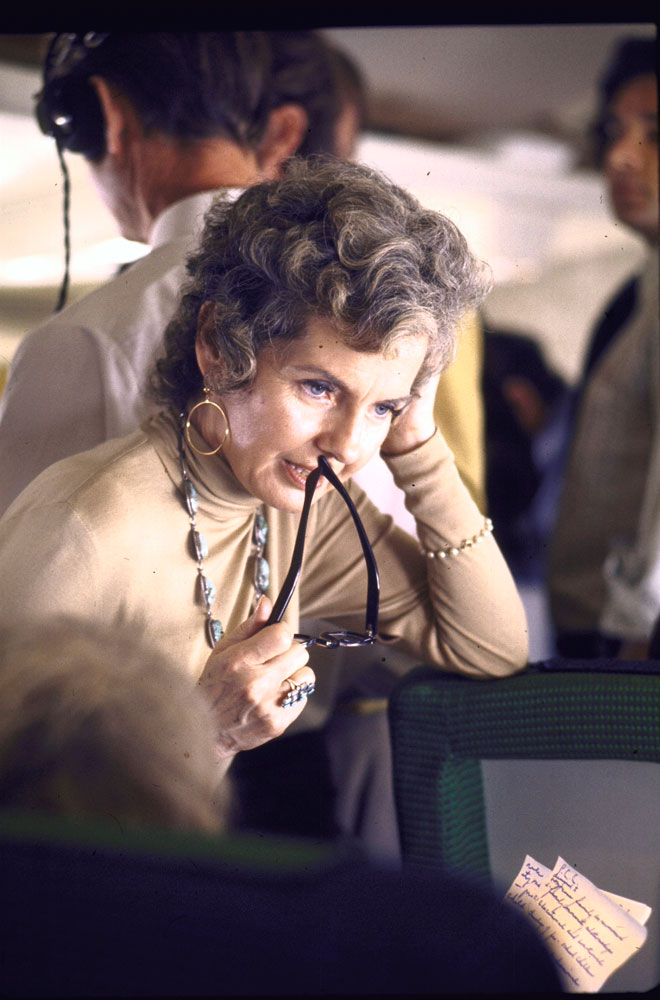
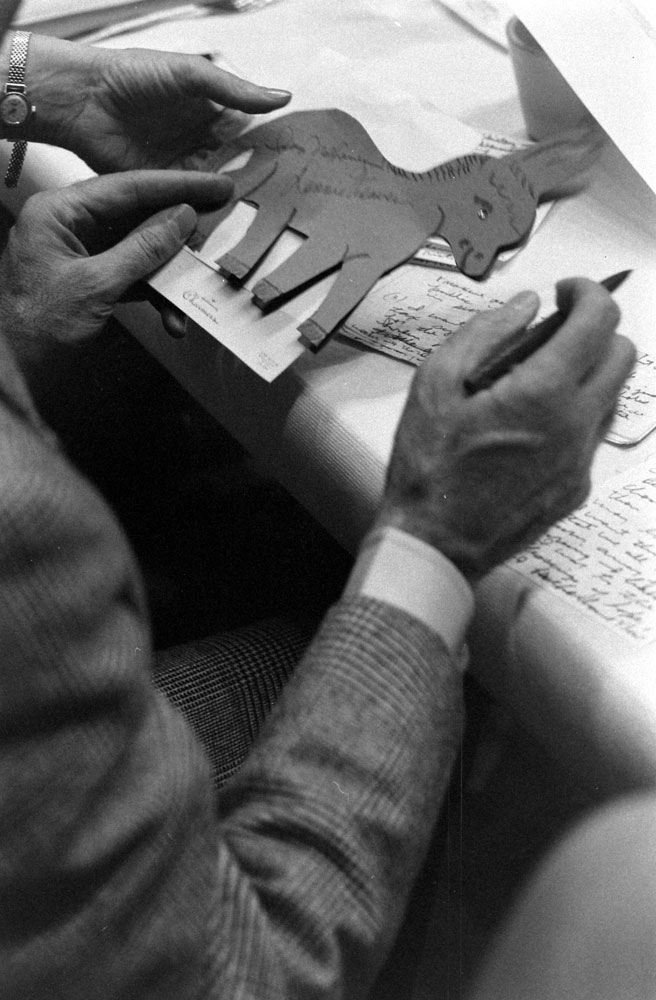
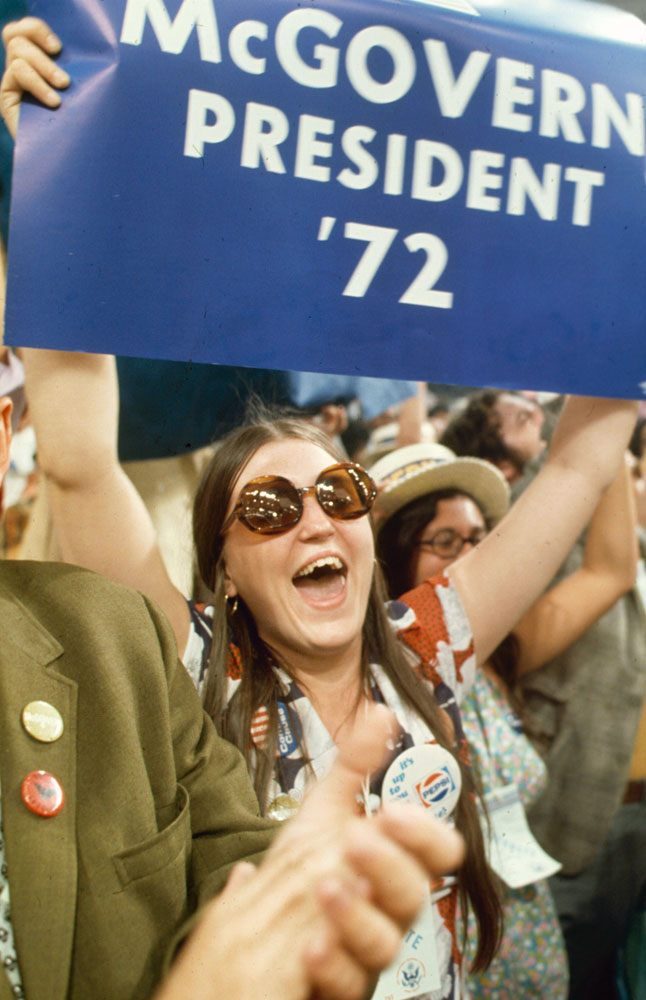
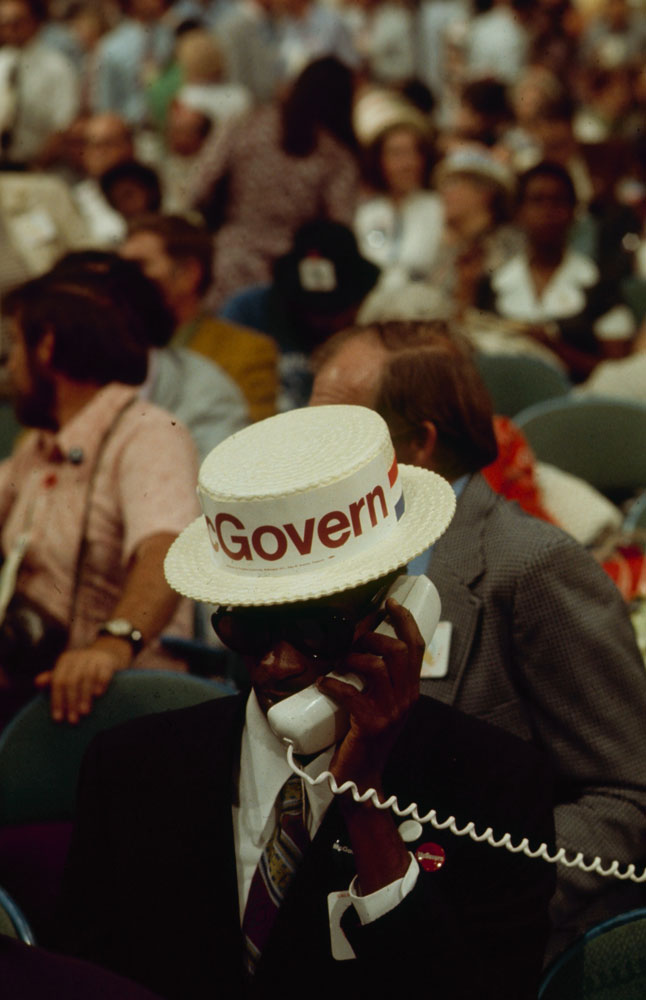
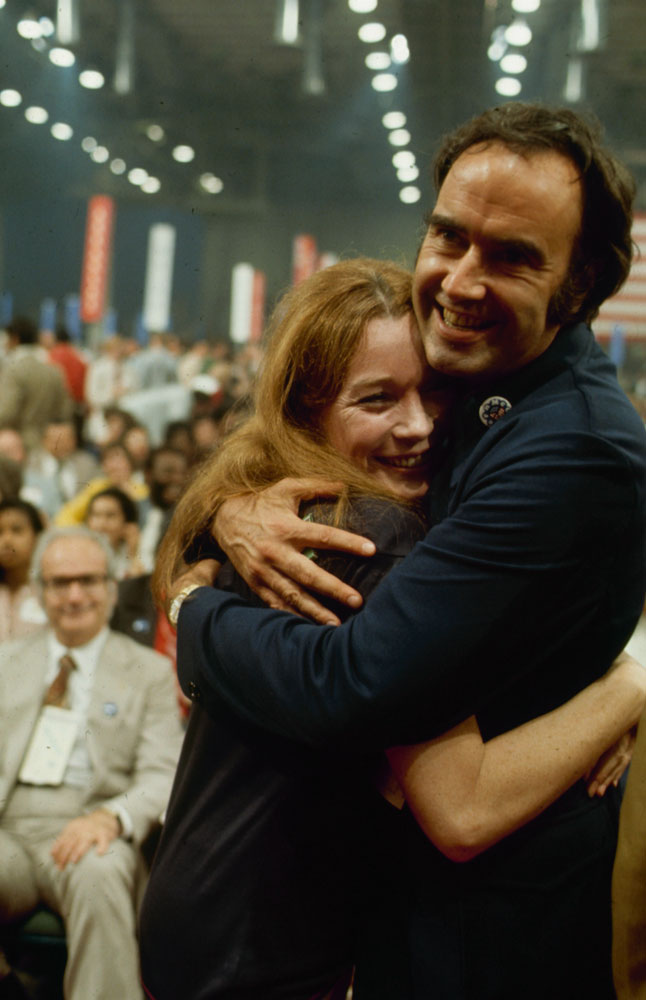
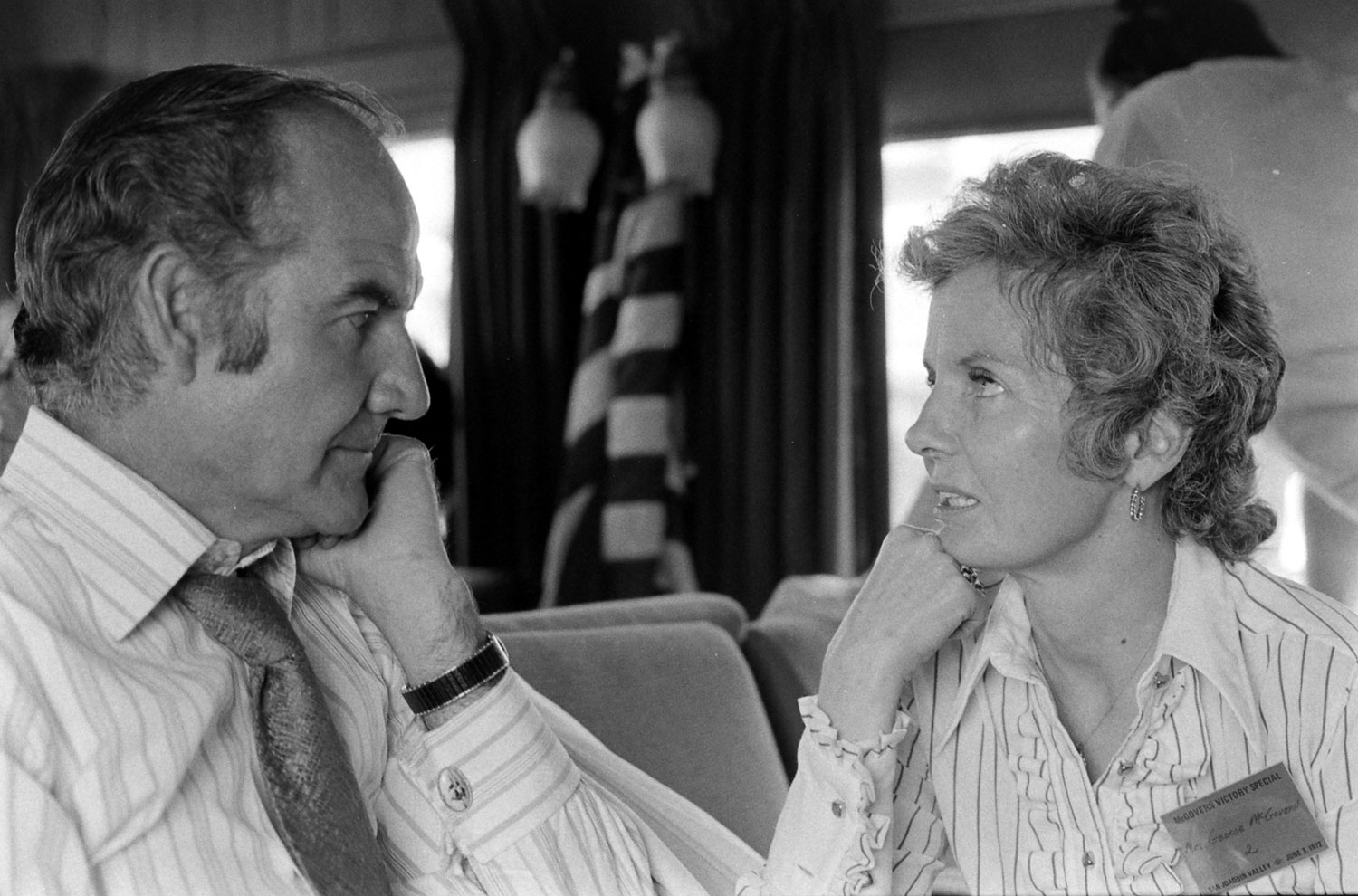
More Must-Reads from TIME
- Donald Trump Is TIME's 2024 Person of the Year
- Why We Chose Trump as Person of the Year
- Is Intermittent Fasting Good or Bad for You?
- The 100 Must-Read Books of 2024
- The 20 Best Christmas TV Episodes
- Column: If Optimism Feels Ridiculous Now, Try Hope
- The Future of Climate Action Is Trade Policy
- Merle Bombardieri Is Helping People Make the Baby Decision
Contact us at letters@time.com